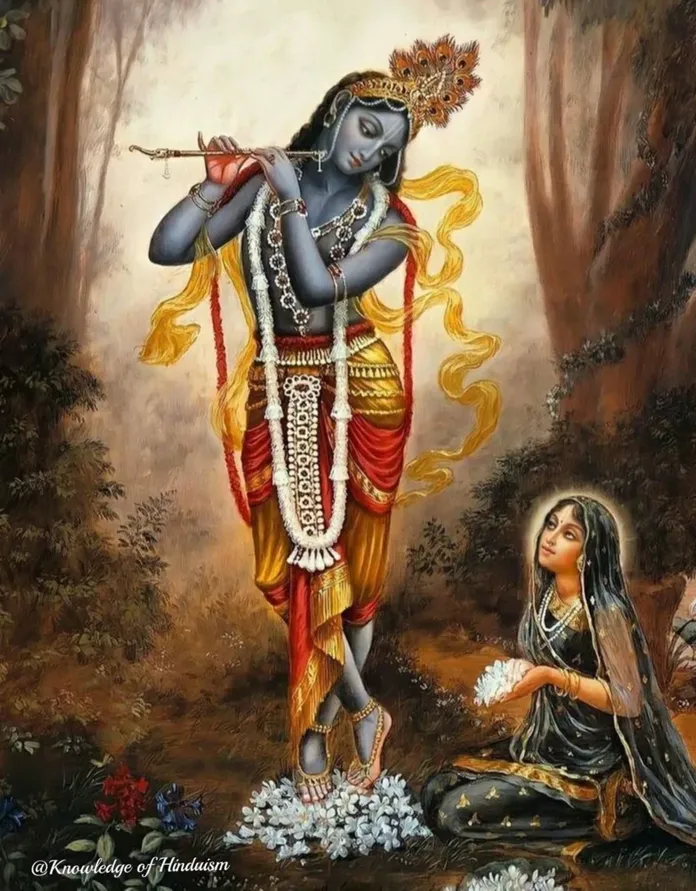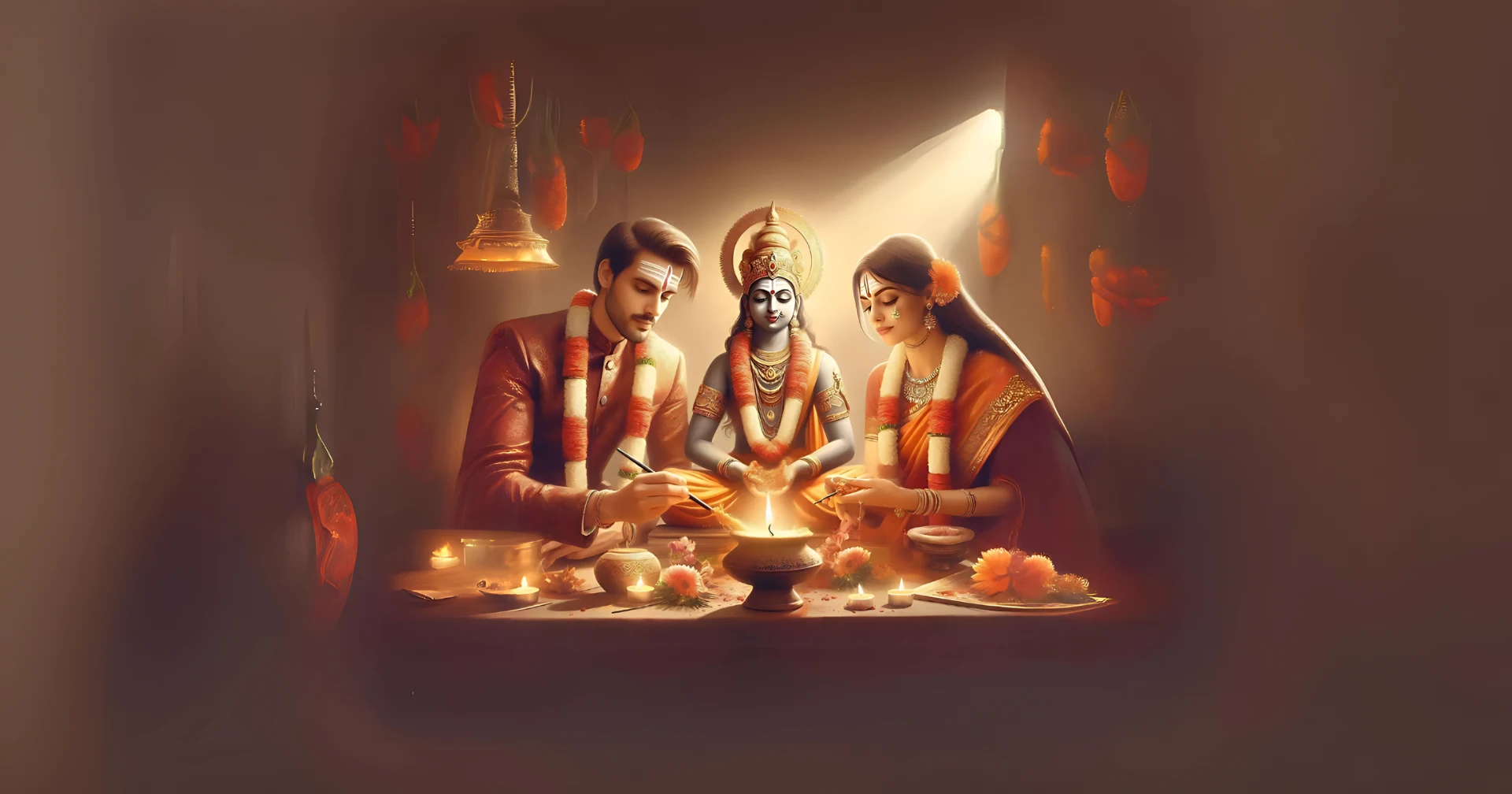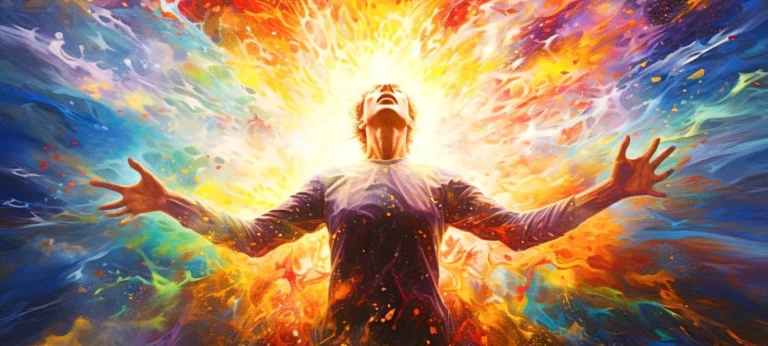Table of Contents
What is Arati or Deity Worship?
Arati is a holy ritual that invokes god if done with faith and reverence. Performing Deity Worship has many benefits. Most importantly, it accelerates your spiritual growth. Now, let me state the significance of performing Deity Worship . The process of Arati represents the Panchabhootas (5 elements) which make up the human system. These include ether, fire, water, earth, and wind.
Know that each element represents a particular Chakra.
For instance, the earth element represents the Muladhara chakra, the water element represents the Swadhishtana chakra and so on. Hence, performing Deity Worship everyday balances the entire chakra system. So, today, we will briefly cover the entire process of arati.
Significance of deity worship
Deity represents the Supreme Being. It is the cosmic energy center. Hence, offering our veneration to the deity, balances our system at the macro level.
Remember- the emotion is most important. You need not stress yourself.
If you perform the Deity Worship with love, the lord shall anyway accept your prayers. Love is all that matters. However, I have listed the right methodology for performing arati at home.

Note- While performing the Deity Worship , imagine you are offering you’re all at the Lord’s lotus feet.
You are surrendering your frailties, weaknesses and inabilities. Sincerely pray to him to accept your offerings. Arati happens in the subtle plane. Hence, it stands at par with Manas Puja or service on the mental plane. The specialty of Deity Worship is that it regulates discipline and gives the actual experience of serving Bhagavan.
When to perform Deity Worship ?
You can perform arati 2 times a day. At morning – 7-00 am; at evening- 6-00 pm.
While performing the Deity Worship , you can sing a melodious bhajan.
Process of Arati
Things you will need-
1) A Kamandalu of water (Pancha Patra) with a spoon-
After the use of each paraphernalia, put a spoonful of water on that particular paraphernalia and then on your palms. This purification step demarcates the end of each paraphernalia. It is hence used for intermediate cleansing.
2) Handbell- Ring the handbell during the arati.
You may also want to read – Facts about Bankey Bihari Temple
1) Blow the Conch

Conch represents ether (cosmic sound). The sound waves produced by the blowing of conch eliminate all negative energies lingering around us.
For instance-
In the battlefield, truth triumphs by blowing the conch, thus instilling fear in the enemies. Hence all negativity in and around us shall flee on just hearing the conch. Hence, blow the conch three times.
2) Lighting an incense
Lighting an incense creates divine ambience conducive for other-worldly activities. It makes the surroundings pleasant for arati. Use odd number of incense sticks.
Most preferred- Three
3) Panchapradeep- (Lamp with 5 wicks)

Panchapradeep marks the beginning of the arati. We start the invocation with the fire element. You see, during the start of every auspicious eve, we invoke the fire element through a Yagya. Fire purifies. It eliminates all negativity.
Also, lamp dispels darkness of character. In fact, lighting a lamp is said to bring wealth and prosperity to the house. After showing the Panchapradeep to the deity, the fire gets charged with divine potency. Taking the fire instills positivity and confidence in the individual.
4) Conch-water (With normal or scented water)
Conch water represents the cooling water element. Fill the conch with water. Then show it around the deity. The water thus gives a cooling effect on the deity.
Remember- Do not discard the sanctified water.
5) Napkin

Fold the napkin thrice to make a nice triangle shape. Then, hold the napkin in between your fingers and gently wave it around the deity.
6) Offer flowers

Flowers represent the rooted earth element since they arise from trees growing on soil. After wiping the deity, move a plate of flowers around the deity. Then offer the flowers a His lotus feet.
7) Chamara
Chamara is a fan made of white hair of Tibetan yak. It represents the wind element. Fan the lord with the Chamara.
8) Peacock fan

The Peacock fan also represents the wind element. Fan it around the deity and make pleasant patterns like a peacock spreading its feathers in dance.
9) Blow the conch three times
10) Finally, Bow down in prostration
Offer Dandavat or bow down before the deity in reverence. Sprinkle the water obtained in step 4 on the assembled devotees. Also, distribute the flowers.
You display your love by reading this valuable material. So kindly read and consider financially supporting us to keep our efforts going with renewed vigor! Supporters in India can donate via Razorpay while those abroad can use PayPal!




